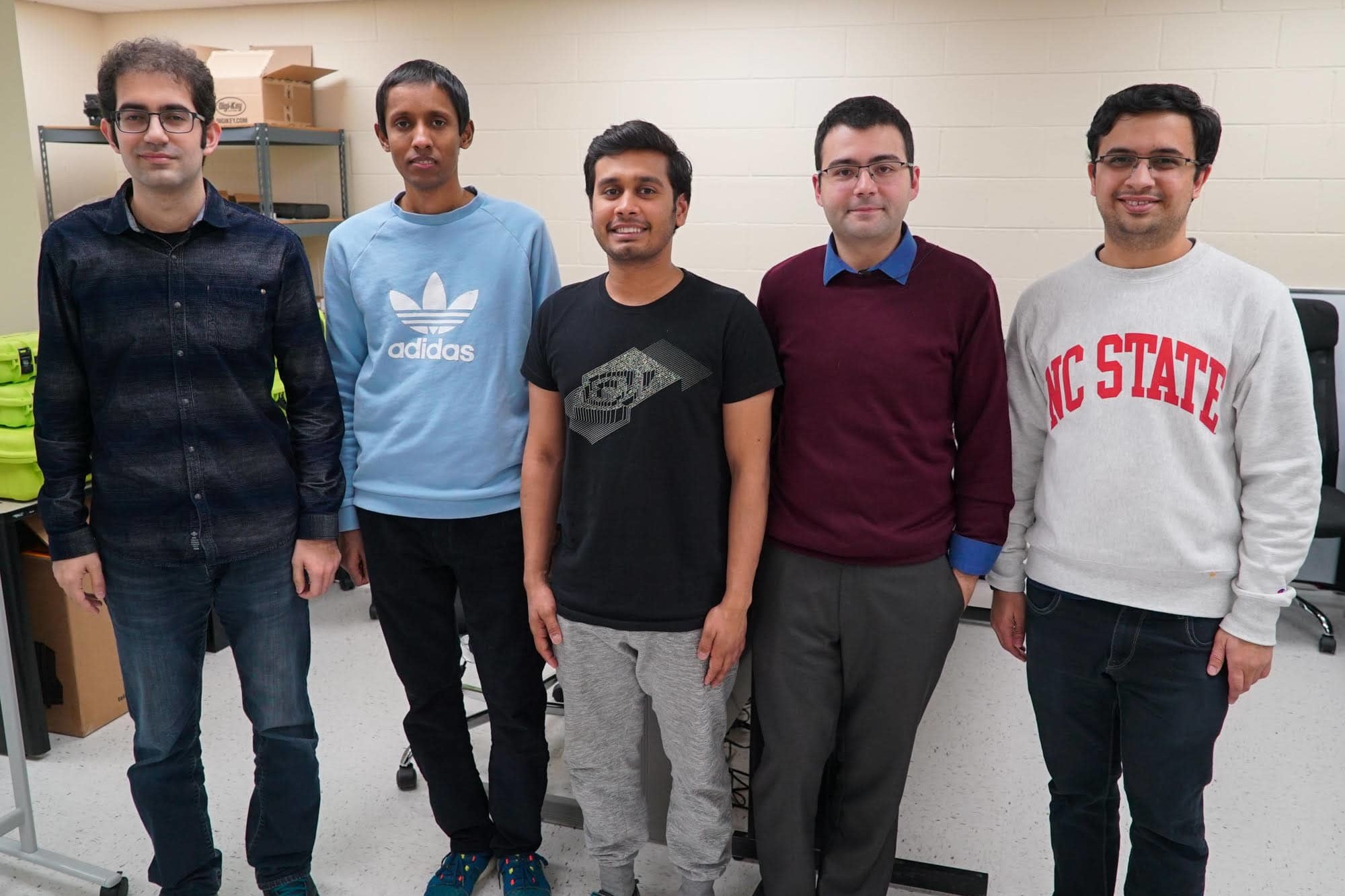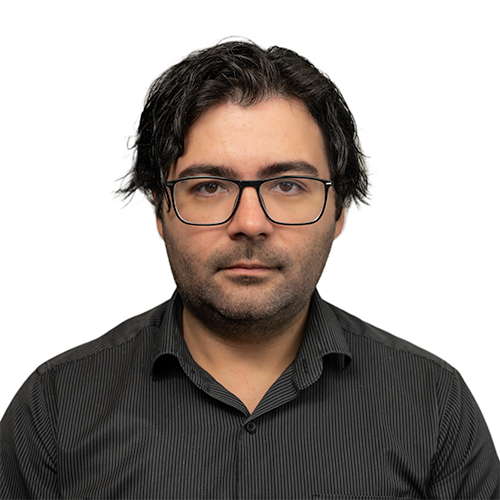
Aysu receives NSF CAREER Award
Congratulations to Dr. Aysu for receiving an NSF Faculty Early Career Development Award (CAREER) for his ongoing cryptographic and deep learning research!
March 17, 2020 ![]() College of Engineering News
College of Engineering News
Dr. Aydin Aysu, assistant professor in the Department of Electrical and Computer Engineering at North Carolina State University, has received a Faculty Early Career Development award, also known as the CAREER Award, from the National Science Foundation (NSF). The award is one of the highest honors given by NSF to young faculty members in science and engineering.
NSF will provide $438,000 in funding over five years to support his project, “Physical Side-Channels Beyond Cryptography: Transforming the Side-Channel Framework for Deep Learning.”
Aysu’s project aims to extend the physical side-channel analysis framework beyond cryptography for securing deep neural network (NN) classifiers. This will help protect valuable NN Intellectual Property and the critical cyberinfrastructures where NNs are used. The research tasks for this work are to design physical side-channel resilient NN components, to integrate the developed components into a high-level synthesis framework for automatic generation of protected NN hardware accelerators and to evaluate/benchmark side-channel security and countermeasure overheads.
The broader impact of this project includes disseminating publications, distributing open-source hardware and software and bridging the research on NNs and hardware security. Additionally, a focus will be made on developing a college course to teach hardware security for NNs with hands-on experiments.
Aysu received his B.S degree in microelectronics engineering with a mathematics minor and his M.S. degree in electrical engineering from Sabanci University, Istanbul, Turkey. He received his Ph.D. degree in computer engineering from Virginia Tech. He is the recipient of 2020 DATE best paper award, 2019 NSF CRII award, 2019 GLS-VLSI best-paper award and 2018 and 2019 HOST best paper nominations.
Original article from College of Engineering News

